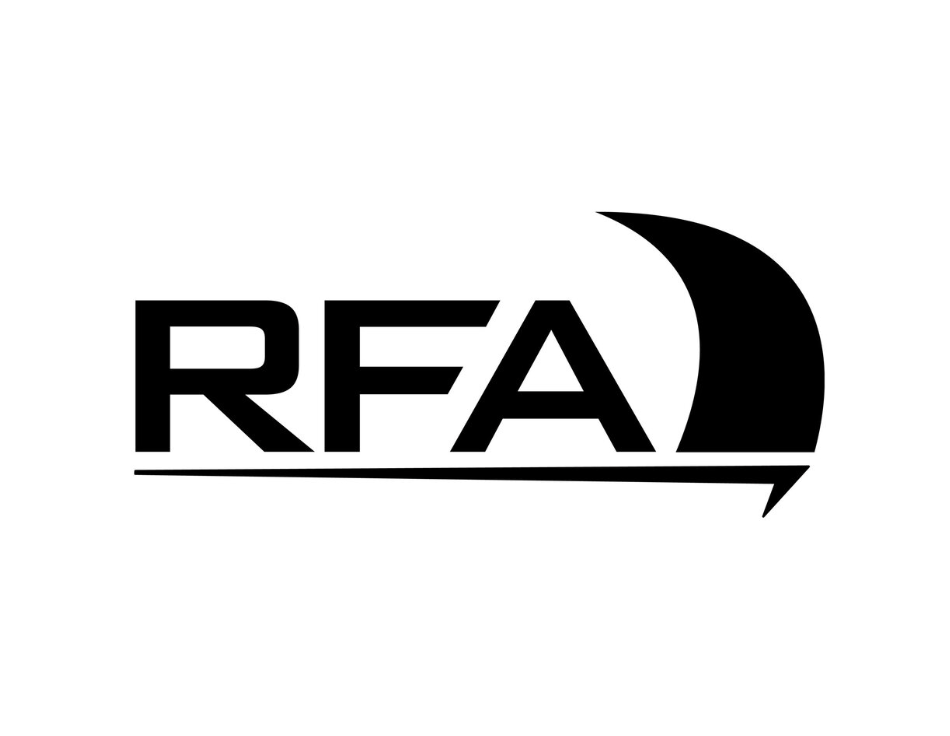Caution and regulation is a key priority for the U.S crypto market
Contributed by an RFA- An Official AYU Partner.
The end of 2022 saw the global cryptocurrency market valued at USD 4.67 billion, with predictions that the industry is expected to expand at a compound annual growth rate (CAGR) of 12.5% from 2023 to 2030 (Grand View Research). The crypto market has enjoyed growth at the start of the year, with Bloomberg citing that ‘crypto M&A on the rise and that the number of deals among digital-asset firms set a quarterly record in Q123’. The news publication went on to express that ‘the crypto market is already up more than 70% in 2023 in comparison to 2022. Yet whilst day traders may be feeling positive about this incline, the executives behind the digital-asset exchanges that serve them — particularly in the US — are not’.
The SEC’s Office of Investor Education and Advocacy in the U.S urged investors to show caution with regards to investments associated with crypto asset securities in March 2023. The SEC went on to explain that ‘those offering crypto asset investments or services may not be complying with applicable law, including federal securities laws’. Unlike SEC-registered entities, trading platforms and intermediaries that operate using crypto asset securities may offer a combination of services that are usually performed by separate firms. In this case, each firm may need to be registered as a separate entity with the regulator.
It is not just the U.S that is experiencing regulatory woes in relation to the crypto market. The International Monetary Fund (IMF) started the year sharing an article expressing the need for global regulators to act quickly to stem the risk of the market being a ‘boom and bust’ industry. The IMF called for tighter financial regulation and supervision, as well as developing a standard that can be adopted worldwide. The organisation echoed the sentiment of the SEC, stating that ‘Crypto asset service providers should be licensed, registered, and authorised’. This is inclusive of providing storage, transfer, exchange, settlement and custody services.
The cryptocurrency industry is continuing to evolve rapidly with little firm direction with regards to regulation. This directly impacts a firms capacity to fulfil regulatory compliance in relation to their data management. Firms need robust governance practices in place in order to adhere to their legal requirements, whilst also the capacity to have a 360 view of their data. Whilst managing their own financial data is one part of the jigsaw, firms also need to consider third party risk and have full disclosure of the exchange of financial data for any outsourced providers that they or their outsourced providers may hire.
RFA are specialists with regards to designing a robust data management strategy that ensures full compliance and detailed access to information. We design bespoke systems that reflect the individual needs of each client whilst remaining agile to keep up with regulatory demands in a constantly evolving landscape. If you would like to learn more about how we can help you, contact us.
About RFA
Since its foundation in 1989, RFA has evolved into an institutional-quality IT, financial cloud and cyber security services provider to the investment management sector. We take pride in redefining the future of technological support. RFA provides clients with customized workflow and IT strategies to bring tomorrow’s edge, today. RFA operates in EMEA, APAC and the US with 9 offices worldwide. We service over 900 clients worldwide, employing more than 300 engineers globally.
RFA offers a complete range of technology solutions designed to be scalable, secure, and reliable, allowing our clients to focus on their core businesses.
For more information, please visit: https://rfa.com




